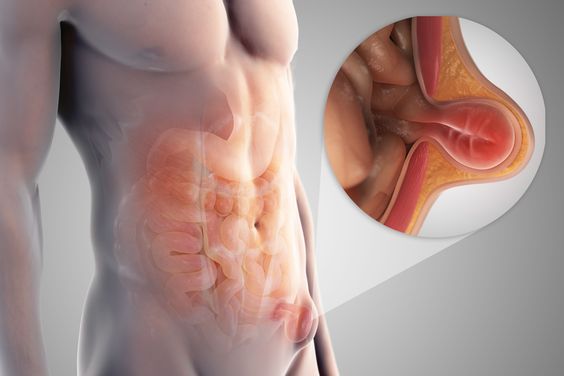Introduction:
An inguinal hernia occurs when tissue, such as part of the intestine, protrudes through a weak spot in the abdominal muscles in the groin area. This can create a noticeable bulge and cause discomfort or pain. Inguinal hernia repair is a common surgical procedure to fix this issue, and understanding what to expect can help alleviate any anxieties you may have.

This article aims to provide a comprehensive overview of inguinal hernia repair, including the procedure itself, preparation, recovery, and potential risks and complications. However, it is essential to remember that this information is for general knowledge and should not be considered a substitute for professional medical advice. Always consult with your doctor or surgeon to discuss your specific situation and address any concerns you may have.
Understanding Inguinal Hernia Repair
Inguinal hernia repair is typically performed as an outpatient procedure, meaning you can go home the same day. It is done under general or local anesthesia, depending on your individual case and surgeon's preference.
The Procedure:
During the surgery, the surgeon makes an incision in the groin area and carefully pushes the protruding tissue back into place. The weakened abdominal wall is then repaired, often using a surgical mesh to strengthen the area and reduce the risk of recurrence.
Recovery and Aftercare:
After the surgery, you will be monitored for a short period before being discharged. You will receive detailed instructions on wound care, pain management, activity restrictions, and follow-up appointments. Most people can return to their normal activities within a few weeks, but it is essential to avoid strenuous activities and heavy lifting as advised by your surgeon.
Potential Risks and Complications:
Like any surgical procedure, inguinal hernia repair carries potential risks and complications, although they are typically rare. These can include infection, bleeding, reaction to anesthesia, or recurrence of the hernia. It is crucial to contact your doctor immediately if you experience any unusual symptoms after surgery, such as fever, excessive pain, redness or swelling at the incision site, or drainage from the wound.





